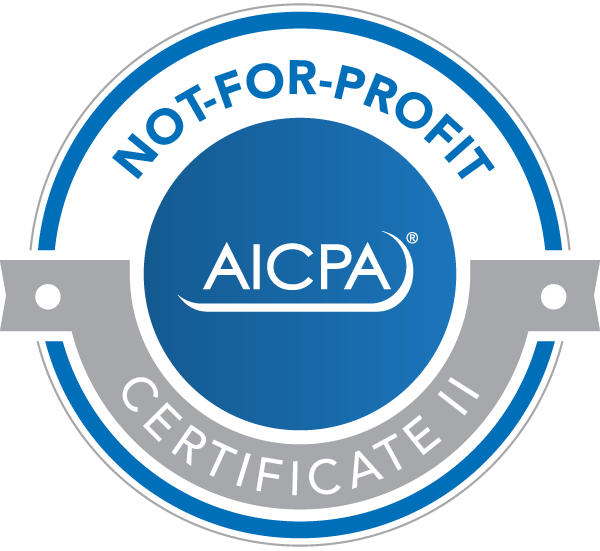If you participate in a qualified retirement plan, such as a 401(k), you must generally begin taking required withdrawals from the plan no later than April 1 of the year after which you turn age 70½. However, there’s an exception that applies to certain plan participants who are still working for the entire year in which they turn 70½.

The Basics of RMDs
Required minimum distributions (RMDs) are the amounts you’re legally required to withdraw from your qualified retirement plans and traditional IRAs after reaching age 70½. Essentially, the tax law requires you to tap into your retirement assets — and begin paying taxes on them — whether you want to or not.
Under the tax code, RMDs must begin to be taken from qualified pension, profit sharing and stock bonus plans by a certain date. That date is April 1 of the year following the later of the calendar year in which an employee:
- Reaches age 70½, or
- Retires from employment with the employer maintaining the plan under the “still working” exception.
Once they begin, RMDs must generally continue each year. The tax penalty for withdrawing less than the RMD amount is 50% of the portion that should have been withdrawn but wasn’t.
However, there’s an important exception to the still-working exception. If owner-employees own at least 5% of the company, they must begin taking RMDs from their 401(k)s beginning at 70½, regardless of their work status.
The still-working rule doesn’t apply to distributions from IRAs (including SEPs or SIMPLE IRAs). RMDs from these accounts must begin no later than April 1 of the year following the calendar year such individuals turn age 70½, even if they’re not retired.
The law and regulations don’t state how many hours an employee needs to work in order to postpone 401(k) RMDs. There’s no requirement that he or she work 40 hours a week for the exception to apply. However, the employee must be doing legitimate work and receiving W-2 wages.
For a customized plan
The RMD rules for qualified retirement plans (and IRAs) are complex. With careful planning, you can minimize your taxes and preserve more assets for your heirs. If you’re still working after age 70½, it may be beneficial to delay taking RMDs but there could also be disadvantages. Contact us to customize the optimal plan based on your individual retirement and estate planning goals.
- Evaluate whether a Health Savings Account is beneficial to you - September 19, 2023
- Investment swings: What’s the tax impact? - September 12, 2023
- Plan now for year-end gifts with the gift tax annual exclusion - September 5, 2023
- Selling your home for a big profit? Here are the tax rules - August 29, 2023
- The tax consequences of employer-provided life insurance - August 22, 2023









